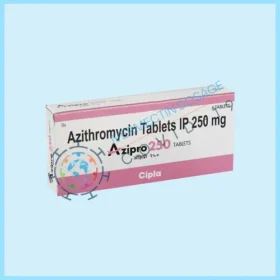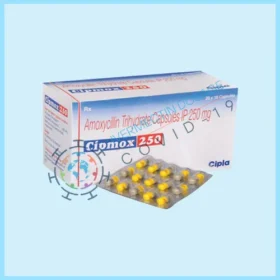- Your cart is empty
- Continue Shopping
Viral Care: Managing and Preventing Viral Infections
Viral infections are among the most common health issues affecting people worldwide. From the common cold and seasonal flu to more serious illnesses like COVID-19, dengue, or hepatitis, viruses can have a wide range of effects on the human body. Viral care refers to the preventive measures, treatments, and lifestyle choices that help manage or reduce the severity of viral infections.
Understanding Viral Infections
Viruses are microscopic infectious agents that invade living cells to reproduce. Unlike bacteria, viruses cannot survive or multiply on their own. Once inside the body, they can hijack cells, reproduce rapidly, and trigger an immune response.
Common viral infections include:
-
Common cold
-
Influenza (flu)
-
COVID-19
-
Chickenpox
-
Hepatitis A, B, C
-
HIV/AIDS
-
Herpes Simplex Virus (HSV)
-
Dengue and Zika viruses
Symptoms vary widely depending on the type of virus but often include fever, fatigue, cough, muscle aches, rash, and gastrointestinal issues.
Prevention Is Key
Prevention is the most effective strategy for viral care. Here are key preventive measures:
-
Vaccination
Vaccines are powerful tools that protect against many dangerous viruses, including influenza, measles, mumps, rubella, hepatitis, and COVID-19. Always keep vaccinations up to date. -
Good Hygiene Practices
-
Wash hands frequently with soap and water.
-
Use alcohol-based sanitizers when needed.
-
Avoid touching your face, especially eyes, nose, and mouth.
-
-
Use of Masks and Distancing
During outbreaks, wearing masks and maintaining social distance help limit the spread of respiratory viruses. -
Safe Food and Water
Many viruses, like hepatitis A and rotavirus, spread through contaminated food or water. Drink clean water and practice safe food handling.
Managing Viral Infections
There is no cure for most viral infections, but supportive care and antiviral medications can help manage symptoms and speed up recovery.
-
Rest and Hydration
Rest allows the body to heal, while hydration helps flush out toxins and regulates body temperature. -
Antiviral Medications
Drugs like oseltamivir (Tamiflu) for flu, remdesivir for COVID-19, and acyclovir for herpes can help reduce the duration and severity of infection. -
Symptom Relief
-
Fever: Use acetaminophen or ibuprofen (under guidance)
-
Cough and sore throat: Use lozenges, warm liquids, and steam inhalation
-
Congestion: Use saline sprays or decongestants
-
-
Isolation
If contagious, self-isolation prevents the spread of the virus to others.
Boosting Immunity
A strong immune system is the body’s best defense against viral infections. You can strengthen your immune system by:
-
Eating a nutritious diet rich in vitamins and antioxidants
-
Getting regular exercise
-
Reducing stress
-
Sleeping at least 7–8 hours a night
-
Taking immune-supporting supplements like Vitamin C, Vitamin D, and Zinc (if recommended)
When to See a Doctor
Seek medical attention if you experience:
-
High or persistent fever
-
Difficulty breathing
-
Severe fatigue
-
Rash with swelling or pus
-
Prolonged symptoms beyond 7–10 days
Conclusion
Viral care involves a proactive approach that includes prevention, early detection, and symptom management. While most viral infections resolve on their own, serious cases require medical support. Staying informed, practicing good hygiene, and maintaining a healthy lifestyle are essential steps in protecting yourself and others from viruses.















